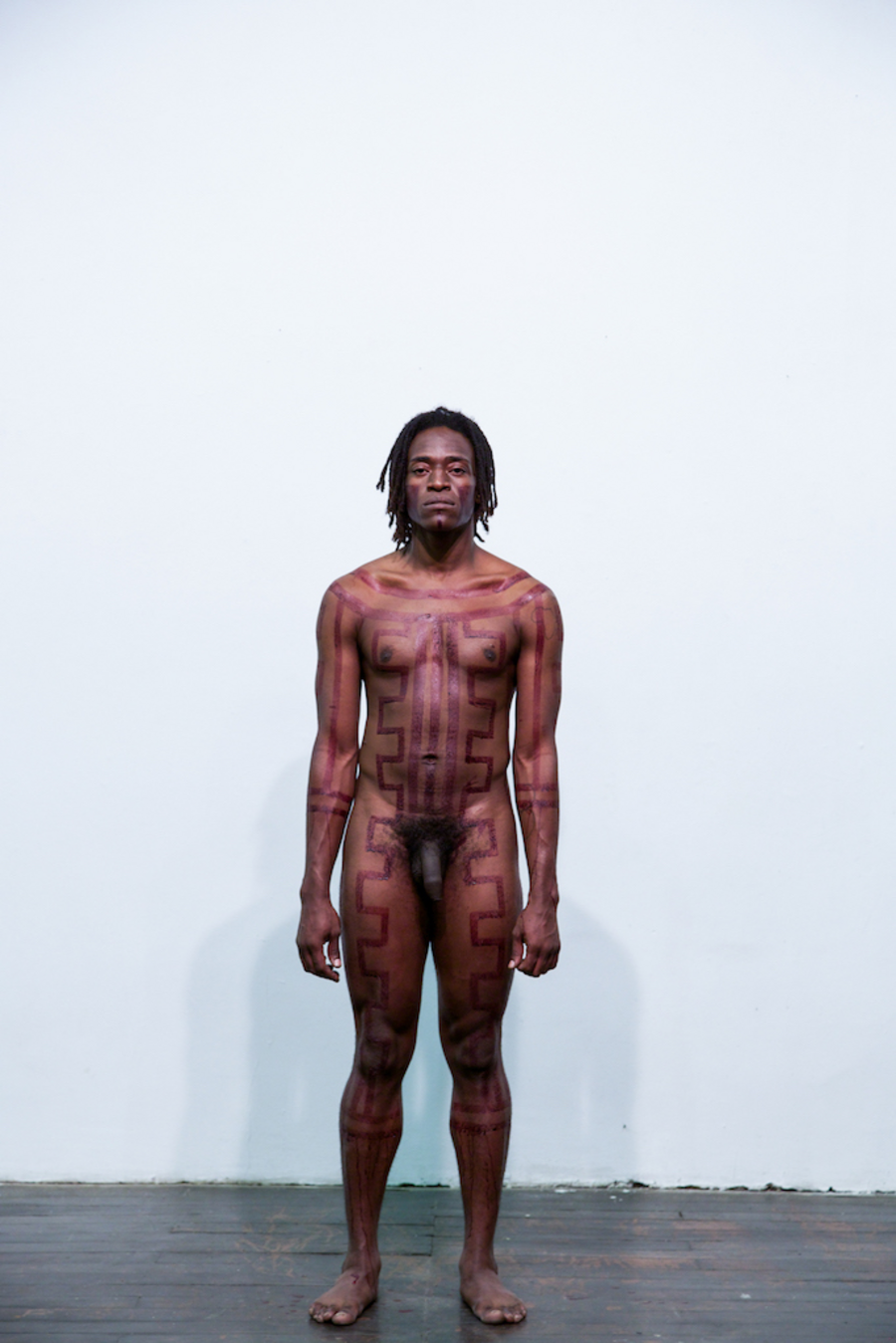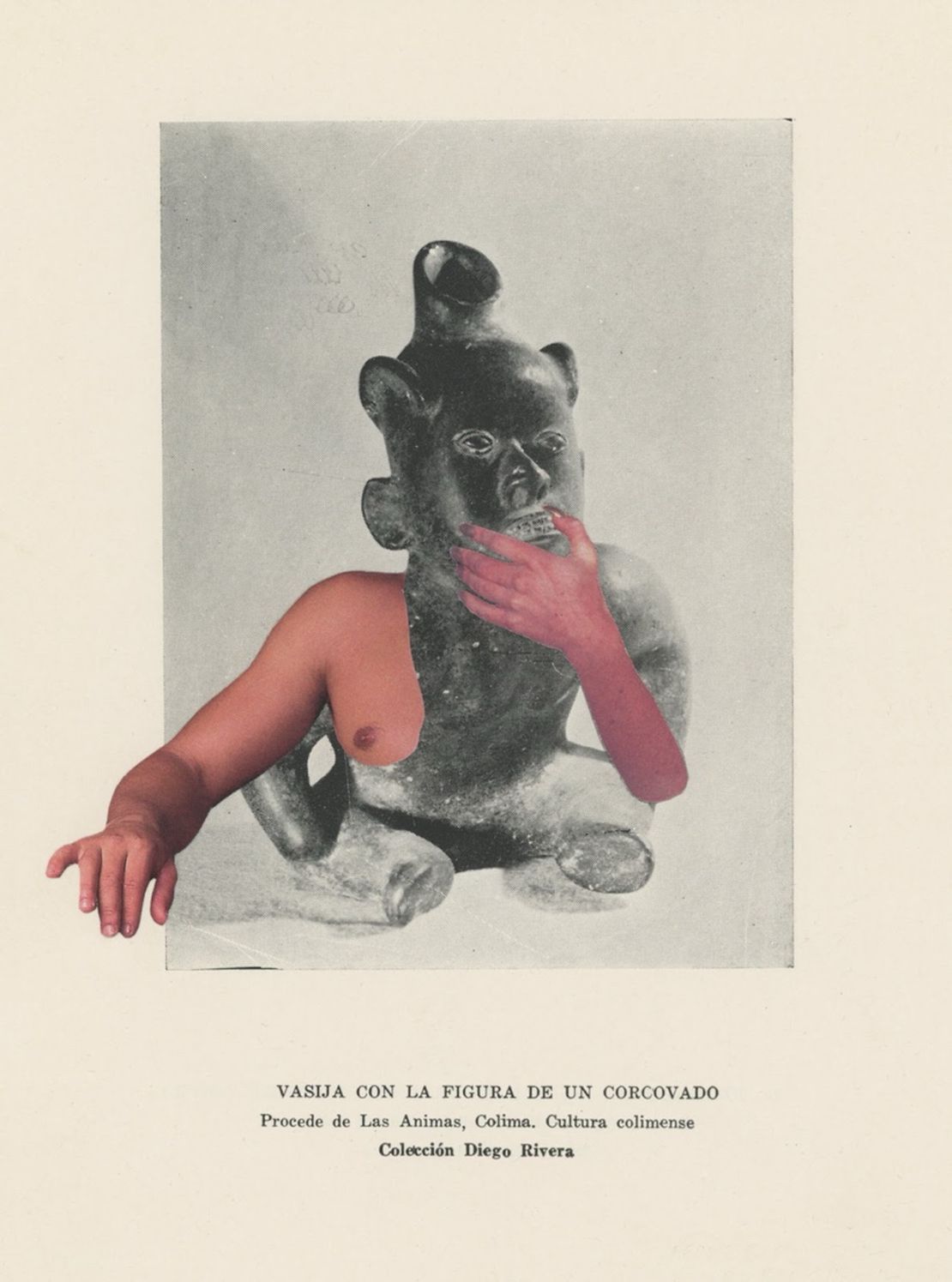Abstract
Carlos Martiel’s work is closely related to the body and the territory as it explores the physical and emotional experiences of indigenous communities who are forced to leave their lands and migrate to new places. These displacements have a direct impact on people’s bodies, causing physical exhaustion and challenges in adapting to unfamiliar environments. Additionally, the artwork reflects on the profound connection between indigenous peoples and their ancestral territories, emphasizing the vital importance of land as a source of identity, culture, and a sense of belonging.
The Kayapó are an indigenous people of Brazil who inhabit the states of Mato Grosso and Pará in the southern Amazon. For centuries, this population has fought for survival, preserving their ancestral customs and demarcating their territory. Mining, deforestation, agricultural interests, and “ruralists” are the leading causes of the political struggle of these people, which often lead to disputes and violent conflicts. The so-called “ruralists” are a group that represents large national and multinational agribusiness corporations that have repeatedly threatened the land rights and survival of the majority of indigenous populations in Brazil.

